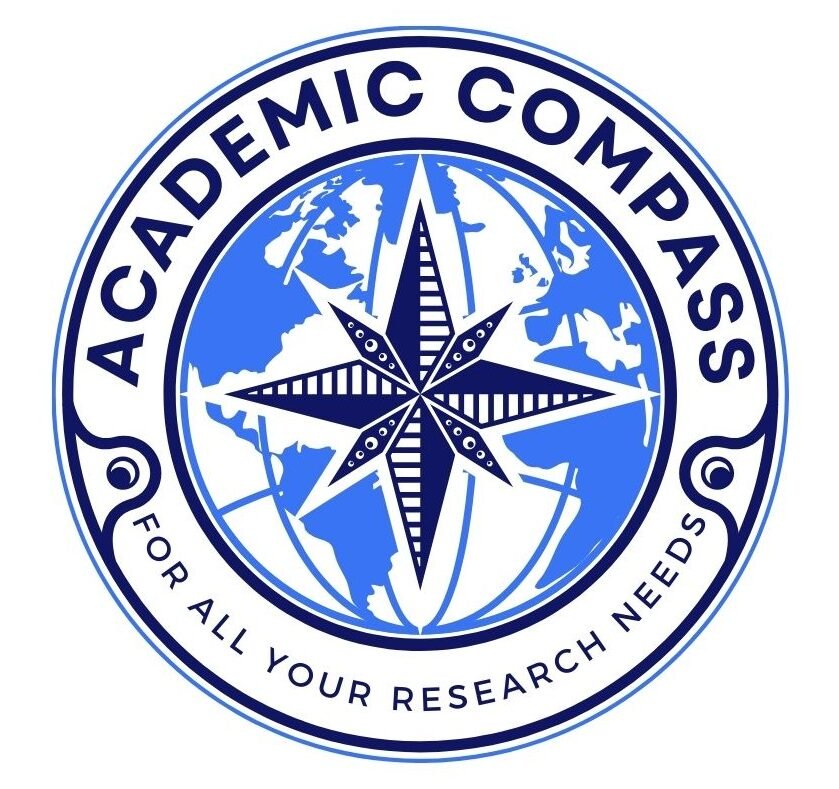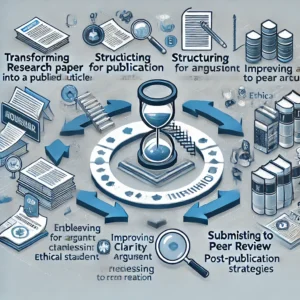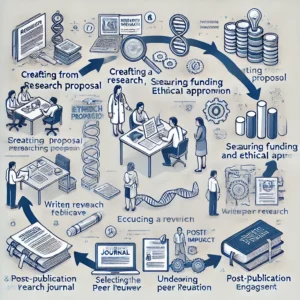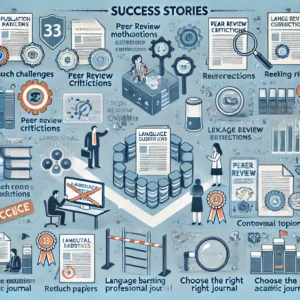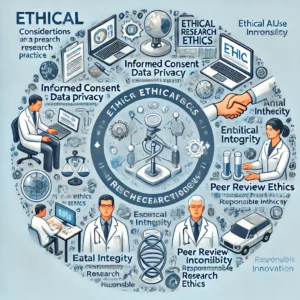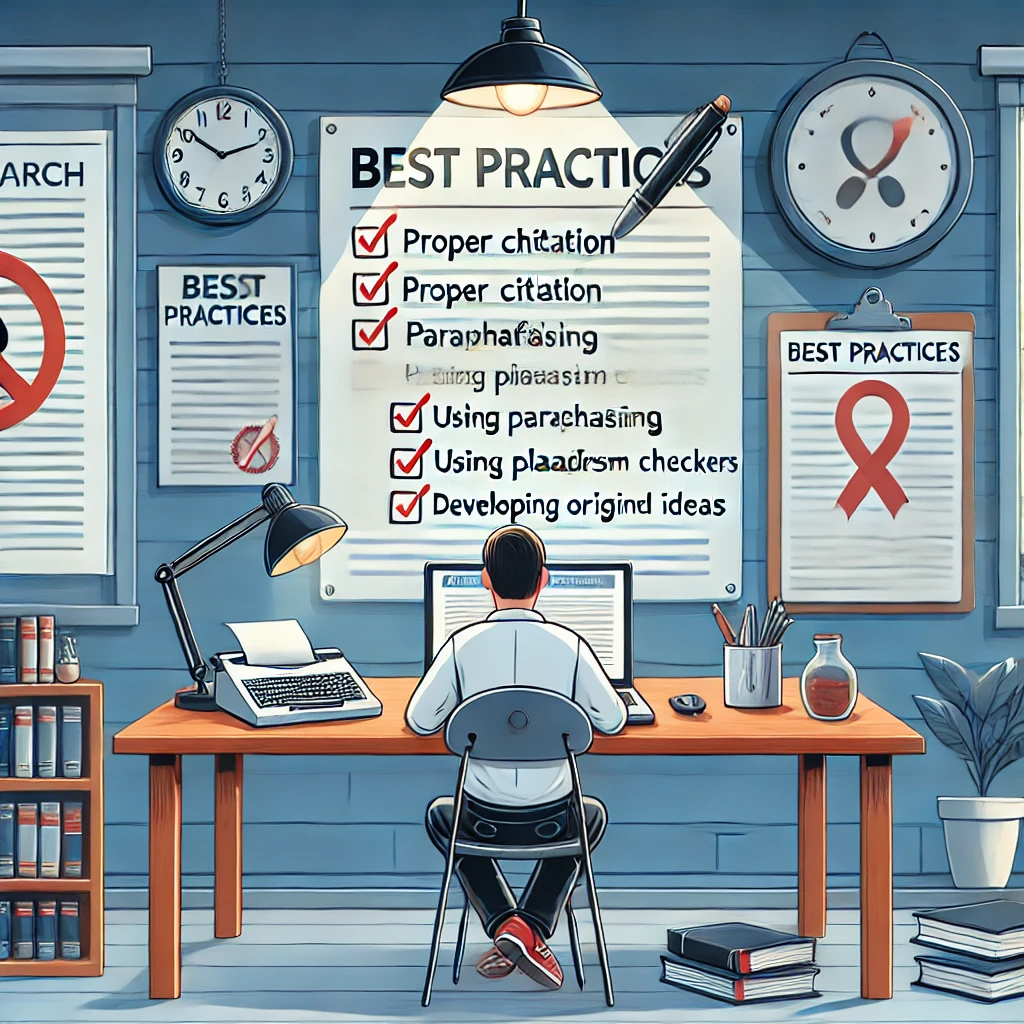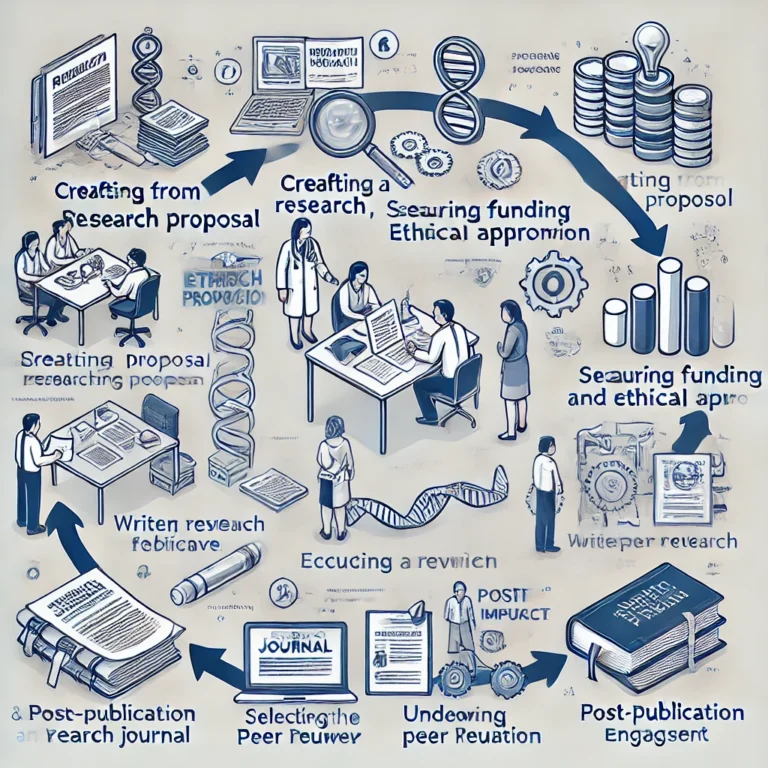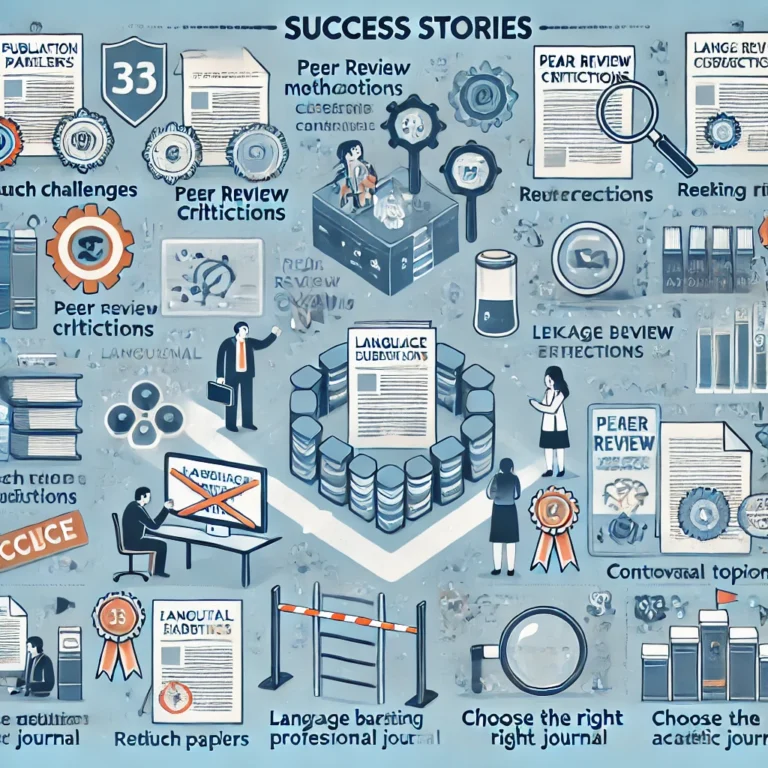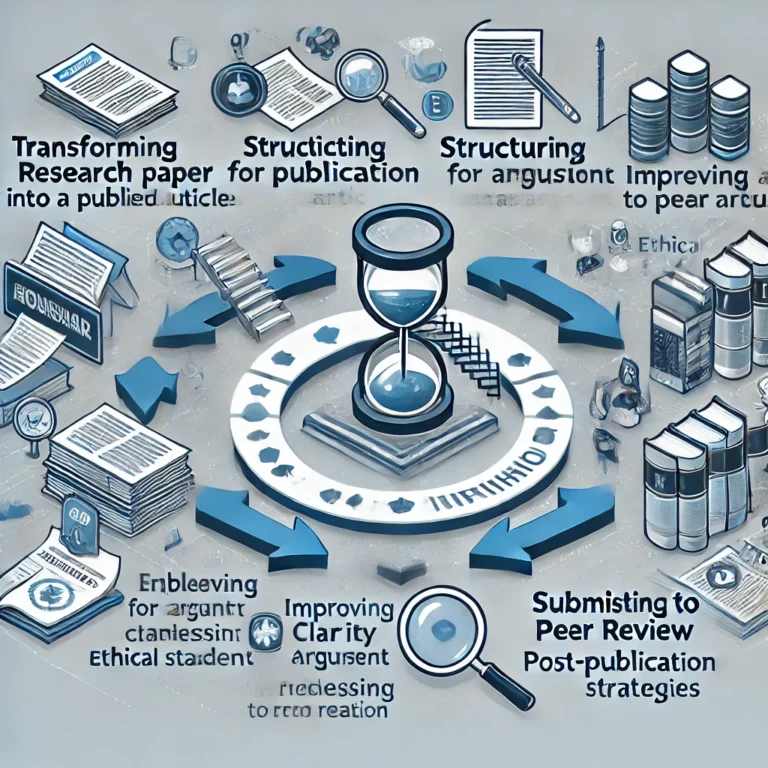Plagiarism is a serious academic and ethical offense that can damage a researcher’s credibility and lead to severe consequences. Ensuring originality in research work is crucial for maintaining academic integrity and contributing to the scholarly community. This guide provides essential strategies to avoid plagiarism and maintain ethical research practices.
1. Understanding Plagiarism
Plagiarism occurs when an individual presents someone else’s work, ideas, or words as their own without proper acknowledgment. Common types of plagiarism include:
- Direct Plagiarism: Copying text verbatim without citation.
- Self-Plagiarism: Reusing one’s previous work without disclosure.
- Mosaic Plagiarism: Blending copied phrases with original content.
- Paraphrasing Without Attribution: Restating ideas from a source without proper citation.
- Accidental Plagiarism: Failing to cite sources due to oversight or lack of knowledge.
2. Best Practices to Avoid Plagiarism
a) Properly Cite All Sources
- Use recognized citation styles such as APA, MLA, or Chicago.
- Include in-text citations and a complete reference list.
- Give credit to original authors for ideas, theories, and data.
b) Paraphrase Effectively
- Restate ideas in your own words while maintaining the original meaning.
- Avoid using similar sentence structures or phrases from the source.
- Always cite the original source even when paraphrasing.
c) Use Quotation Marks for Direct Quotes
- Enclose exact words from a source in quotation marks.
- Provide a citation including the author’s name, year, and page number.
- Limit the use of direct quotes to avoid excessive reliance on others’ work.
d) Utilize Plagiarism Detection Tools
- Run your research work through software like Turnitin, Grammarly, or Copyscape.
- Check for unintentional similarities with published content.
- Revise flagged sections to ensure originality.
e) Keep Track of Sources
- Maintain organized notes with citation details while researching.
- Use reference management tools such as EndNote, Zotero, or Mendeley.
- Double-check citations before finalizing the manuscript.
f) Develop Original Ideas
- Focus on critical thinking and personal analysis rather than summarizing existing literature.
- Incorporate your own interpretations, insights, and research contributions.
- Engage in discussions and explore multiple perspectives to generate new ideas.
3. Ethical Research and Academic Integrity
- Understand and adhere to institutional guidelines on plagiarism and research ethics.
- Seek permission for reusing previously published work where applicable.
- Collaborate ethically by acknowledging contributions from co-authors and researchers.
- When in doubt, consult your advisor or mentor for guidance on proper citation and research ethics.
4. Consequences of Plagiarism
Plagiarism can have severe academic, professional, and legal repercussions, including:
- Academic Penalties: Rejection of research papers, revocation of degrees, or disciplinary actions.
- Reputation Damage: Loss of credibility and professional standing within the academic community.
- Legal Consequences: Potential copyright violations leading to legal actions.
Final Thoughts
Avoiding plagiarism is fundamental to maintaining research integrity and credibility. By properly citing sources, paraphrasing effectively, using plagiarism detection tools, and developing original ideas, researchers can ensure their work adheres to ethical academic standards. Prioritizing academic honesty not only upholds scholarly values but also strengthens the impact and authenticity of research contributions.
